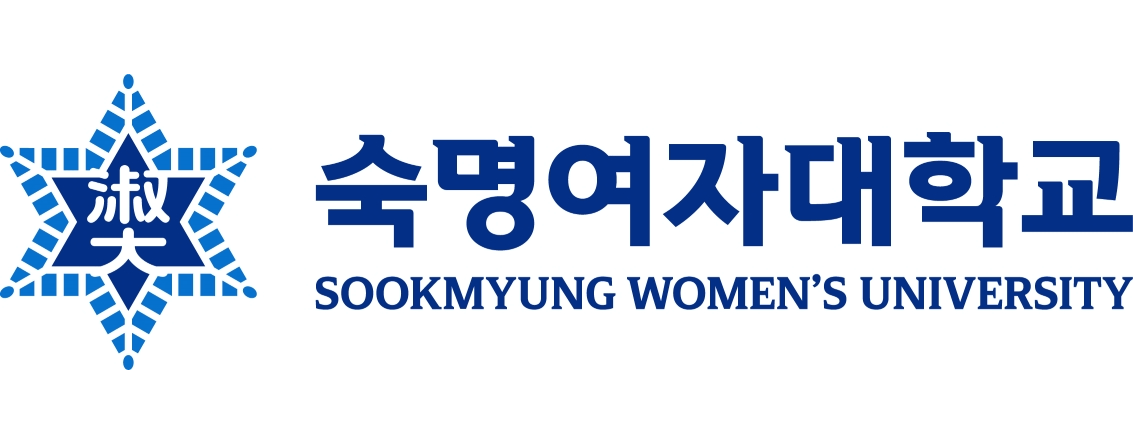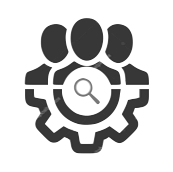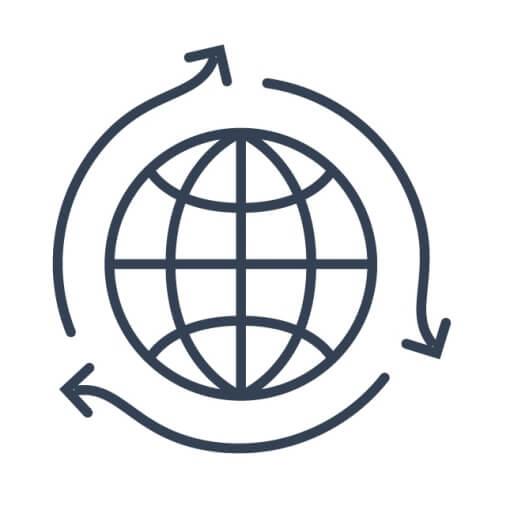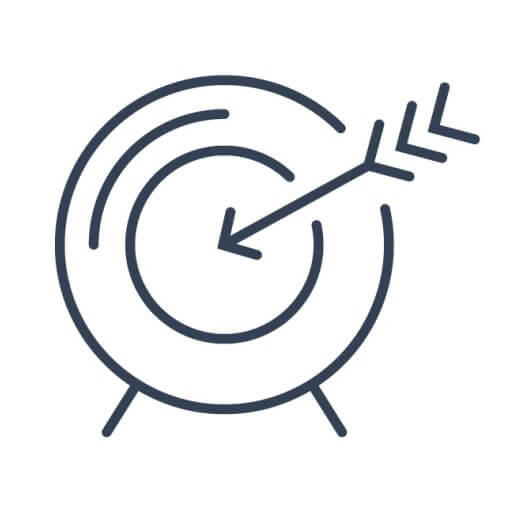Best Business Simulations for Higher Education
Finance, Strategy, Leadership & Innovation — engaging, experiential learning that turns theory into decisions.
Trusted by:




Engaging, Experiential Learning
In 2026, business schools are embracing hands-on simulations to equip students with practical skills. Traditional lectures alone are losing ground—active learning methods (like simulations) consistently yield higher exam scores and fewer failures than lectures. Business simulations put students in realistic scenarios where they must decide and lead rather than passively listen. Leading universities and Fortune 500 companies have adopted these simulations to teach finance, strategy, leadership, and innovation in an immersive way.
Below we highlight some of the best simulation experiences in each area.
Finance Simulations
What they teach
Students step into the role of running a company’s finances: interpreting balance sheets, managing cash flow, and making tough budgeting choices under time pressure.
Top example: Silega Pulse™
Run a virtual company, analyze financial statements, and balance profit versus liquidity. Make decisions on investments, pricing, and costs to build critical thinking in accounting and finance—within a safe sandbox.
Strategy Simulations
What they teach
Students practice strategy live—analyzing data, scanning the competitive landscape, and adjusting plans on the fly.
Top example: Mount Everest Silega Expedition™
Teams plan and execute a climb under uncertainty: evaluate routes, allocate scarce resources, and adapt to storms. The design surfaces cognitive biases and improves decision-making under pressure.
Leadership Simulations
What they teach
Students lead teams in scenarios where choices shape culture and results. They practice communication, ethics, and decision-making with immediate feedback.
Top example: Silega Commander™
Pilot a virtual company through multiple “years,” managing financial, human, and ethical capital. Explore how leadership styles impact trust and performance.
Innovation Simulations
What they teach
Learners experience the messy process end-to-end—from brainstorming to prototyping to launch—applying design-thinking tools under real constraints.
Top example: Silega Innova™
Act as an R&D team creating a breakthrough product. Use iterative feedback to balance creativity with feasibility and market fit.
Side-by-Side Comparison
| Simulation | Primary Skills | Best for | Time | Team Size, Many Teams | Assessment |
|---|---|---|---|---|---|
| Silega Pulse™ | Financial acumen, cash flow | UG / Grad / Exec | 2–4 hrs | 4–6 | Quiz, reflection, decision log |
| Everest Expedition™ | Strategy, risk, analytics | UG / Grad | 3–4 hrs | 4–6 | Case memo, peer review |
| Silega Commander™ | Leadership, ethics, culture | Grad / Exec | 3–5 hrs | 4–6 | Rubric + 360 feedback |
| Silega Innova™ | Creativity, product design | UG / Grad | 2–4 hrs | 3–6 | Pitch, prototype score |
Outcomes & Assessment
Measured via pre/post quizzes and reflection prompts.
Students report higher self-efficacy in applying concepts.
Consistently rated above lecture-only formats.
How to Run on Campus
- Select cohort: UG, Grad, or Exec; pick simulation(s) and duration.
- Pre-work: 15–30 min readings or mini-quiz.
- Run: Facilitator dashboard; team rooms; decision rounds.
- Debrief: Data-driven reflection aligned to learning outcomes.
- Evidence/Grades: Export logs, scores, and rubrics to LMS.
What Educators Say
“The simulation turned a large lecture into an experience. Engagement and scores jumped immediately.”
“Students left with stories and data they referenced all semester. The debrief sealed the learning.”
FAQ
How many students per team?
We recommend 4–6 per team; modules scale to large cohorts with facilitator support.
Can this run fully online or hybrid?
Yes—browser-based with facilitator tools; supports in-person, online, or hybrid delivery.
What faculty prep is needed?
About 30–60 minutes with the facilitator guide and a brief orientation call if desired.
How are students assessed?
Quizzes, reflection prompts, decision logs, and rubrics aligned to learning outcomes.
Accessibility accommodations?
Keyboard-navigable, labeled UI, color-blind safe palettes; we work with your accessibility office.
Plan your 2026 curriculum with Silega
Choose the right simulation mix for your course and outcomes.





